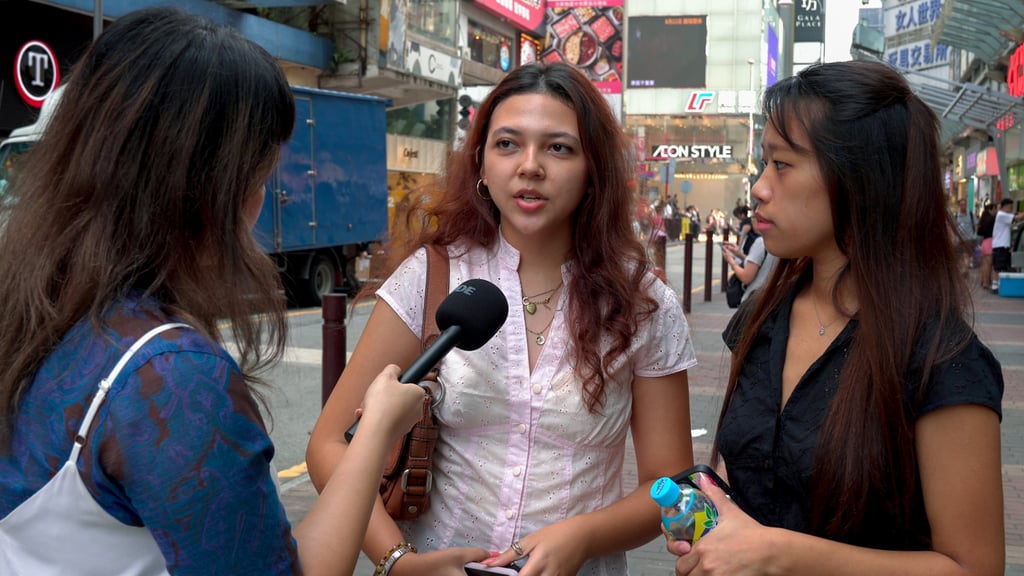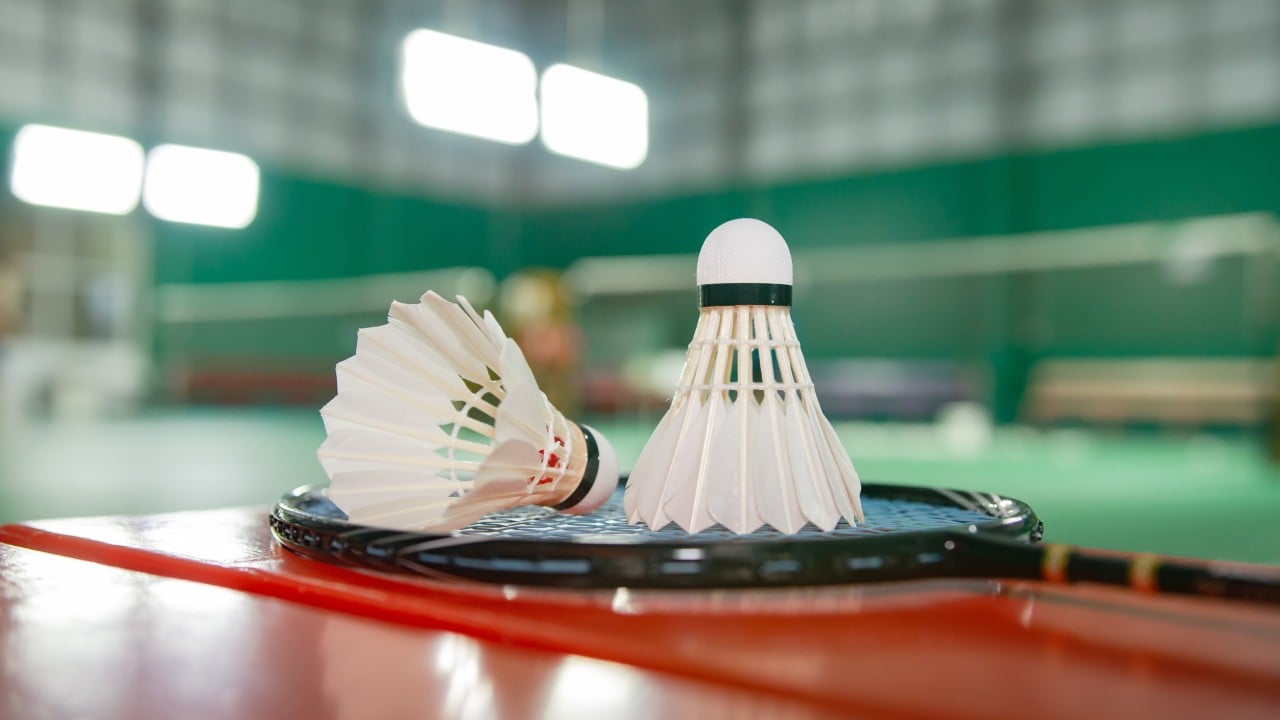The Hong Kong government’s advice for teenagers to “play badminton” when experiencing sexual impulses has been mocked by young people as ineffective in helping them understand their desires and criticised by an NGO for failing to address a cause of underage sex.
The Education Bureau released the guidelines as part of teaching materials aimed at secondary school pupils, suggesting choices teens make in a variety of scenarios involving intimacy. The bureau recommended they adopt sexual abstinence to avoid the risk of pregnancy and the ensuing emotional distress.
The most criticised scenario involved two 15-year-old teens studying at home in summer. The girl takes off her jacket and clings to the boy, making him excited. The guideline suggested they either “leave the scene immediately” or “go out to play badminton together”.

Many of the young people the Post interviewed said the teaching materials were ineffective, with some recalling only having one or two sex education classes throughout school, where they were taught how to use a condom.
“Even if you go play badminton, you’re still going to have that thought later on, like what else could have happened if I didn’t go,” Rezy Limbu, 19, said. “They won’t know how to control themselves the next time. You can’t always go play badminton if it happens again.”
Sasha Seed, 18, said the scenario, which described the male teen having a physiological reaction after seeing his girlfriend in a tank top, could lead to victim-blaming.
“I think that’s very wrong because us girls, we are supposed to be allowed to wear stuff we want to without having people telling us it’s our fault that you’re making the guys feel that way because you’re wearing a tank top,” she said. “They should teach them how to control themselves as well, instead of always blaming it on the women.”

In one activity, the bureau asked pupils to sign a “commitment form” that sets limits on intimacy and asks the signee to list how she or he will control sexual impulses.
One 25-year-old who only gave his name as Jason said: “They can still do it [be intimate] even if they’ve signed this. It’s not a legal thing and I don’t think it should be controlled by law.”
Primary and secondary schools have flexibility in implementing their own sex education curriculum. The topic is either taught by teachers during general studies, during civic education classes or by external organisations invited to conduct workshops.
Dr Christoper Yiu Chi-pang, founder of NGO Famtastic, which provides counselling to teenagers and conducts sex education workshops for parents and educators, said the advice to play badminton failed to target the cause of underage sex, which was often rooted in a lack of familial love.
“Many children who have underage sex, many sexual partners or even abortions come from broken families,” he said. “Maybe they were bored or feel hurt or neglected, so they look to sex as a way to provide them with those intense experiences, or they mistake sex with affection. This is not something that can be solved by signing a commitment letter.”
Kitty Choi Wai-ying, director of NGO Sticky Rice Love which conducts sex education workshops in schools, said the scenario-based advice was “too simplistic” and did not help students understand their sexuality.
“It is actually normal for people to have sexual desires, but is this the right time for you to express your sexual desires? Is it proper if you touch somebody else without asking for their permission?” she said.
Choi also said the material, which suggested that boys could not control themselves, also recommended female students dress “properly” and avoid spending alone time with the opposite gender, was unrealistic.


